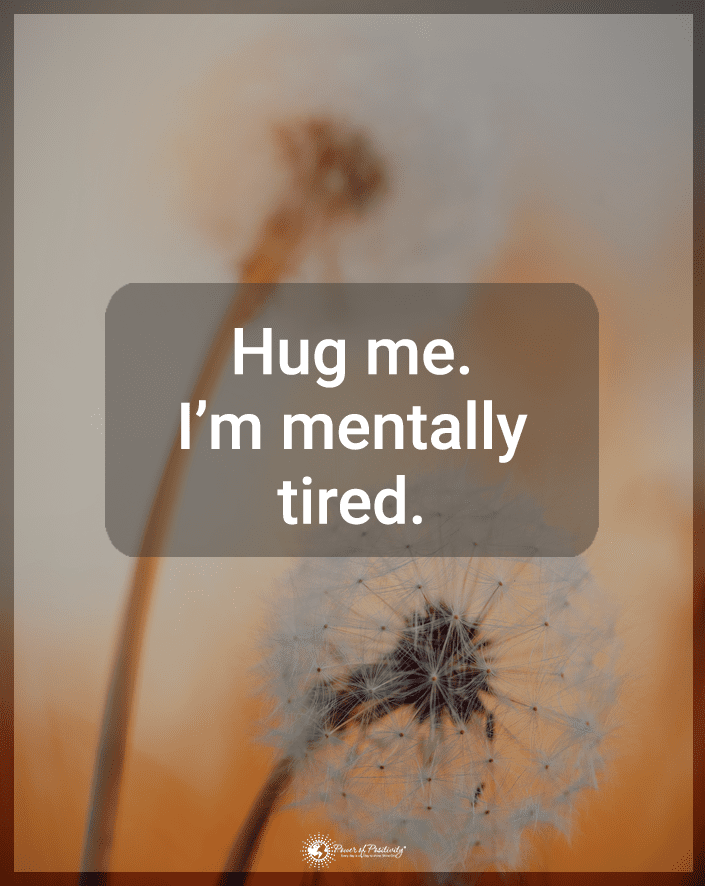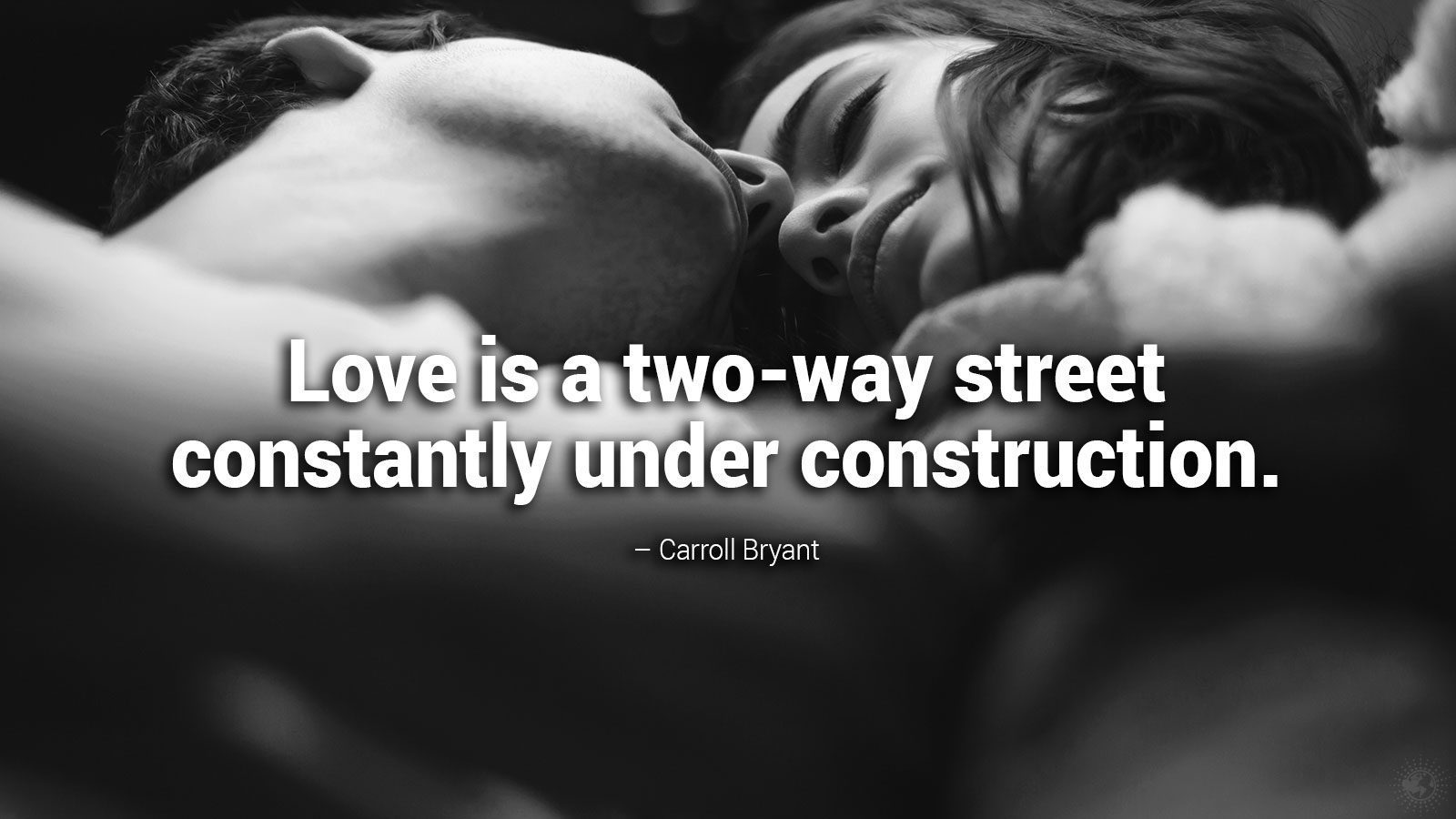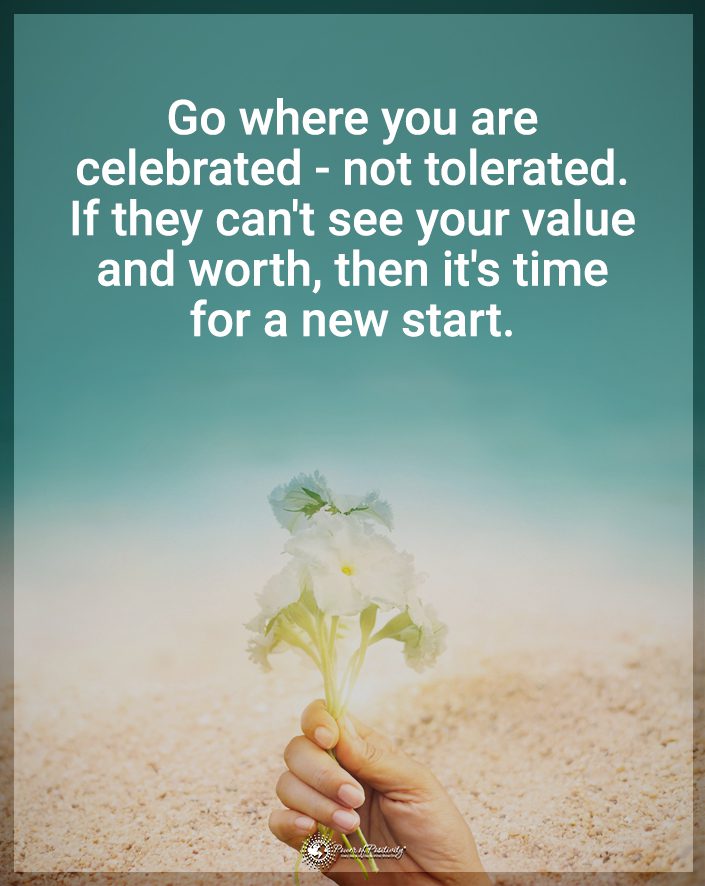Are you in an emotionally disconnected relationship?
The distance can always grow between two partners, even in the most committed relationships. It often sneaks up on you unexpectedly. Before you know it, there’s a gaping chasm between you and your significant other. Even worse, you are not quite sure how to fix it. It’s distressing to be in, as you are so used to love and affection for that person. It can be confusing and scary when those feelings diminish.
Unfortunately, those feelings of estrangement are very hard to remove altogether. It’s no one’s fault in particular, but to start fixing the problem, you need to look at yourself first and see what you can change in your behavior.
Researcher David M. Frost, Ph.D., says, “Our study found that people who yearn for a more intimate partnership and people who crave more distance are equally at risk for having a problematic relationship. If you want to experience your relationship as healthy and rewarding, you must find a way to attain your idealized level of closeness with your partner.”
Here are five signs to look out for, and some advice on what you can do if you feel that distance growing.
Here Are 5 Signs You’re Emotionally Disconnected From Your Partner

“Detachment produces a peculiar state of mind. Maybe that’s the worst sentence of all, to be deprived of feeling what a human being ought to be entitled to feel.” – James Dickey
1. You take your stress out on them
When all the stress factors, like your job or your family, pile up, you can quickly become moody, irritable, and snappy with your SO. In fact, your stress makes you hyper-focus on your problems, and sometimes you start taking your better half for granted. This can also lead to what we call “wandering eyes”, i.e. you start looking for something that you think will be better because you’ve started associating your significant other with all the other problems in your life.
Gary Lewandowski Jr., Ph.D., co-founder of Science of Relationships, says, “You stop caring as much about anyone else. The focus is on your plight of excessive demand and inefficient resources…”
The key to resolving this behavior is to find ways to reduce stress. Try yoga or practice mindfulness. Maybe sign up to that Zumba class that you’ve been meaning to try for ages. Reduce your pressure, and you’ll see it disappear from your relationship.
2. No more sex when emotionally disconnected from your partner
You’re either too tired or not in the mood to have sex, but one too many rejections can create that gap of emotional detachment. Physical contact is just as important as romance, as it can be a great way to communicate your love without words. Maybe you’re not doing it consciously, but turning down your partner’s advances can make them feel like they’re not attracted to you anymore. The solution to this is obvious: invest more in your physical relationship. Maybe spice things up in bed a little bit, or plan a romantic evening when it’s just the two of you. When you reintroduce good sex into your relationship, things almost always start looking up again.
3. You’re unfair with chores
It’s natural that when you live together, you will focus on certain chores more than others. Maybe you have an affinity towards doing the dishes, whereas your partner prefers to be the one always to take the trash out. However, these chores must be regularly reconsidered to ensure an even split of the workload. If you start ignoring your own chores, or you’re expecting your partner to do them, that can lead to emotional detachment. It works the other way around, too, if your partner ignores their chores.
To resolve this, sit down and have a frank conversation about what’s bothering you. Then plan how to tackle household work together.

4. No emotional support exists in an emotionally disconnected partnership
Whether you have good news or bad news, your first reaction is to share it with the people you love most. Think about it – how does your partner relate to your experiences? Sometimes, you may find that you don’t tell them about what you’re going through because you don’t think you’ll get a reaction from them. That makes you aggravated and emotionally distant, as you don’t feel appreciated and loved.
If you want to fix this, you need to have a frank conversation with your partner about how you feel and the levels of communication you require. Maybe they didn’t even realize they were doing it – and they will change their behavior when you point it out.
5. Emotionally disconnected partners fail to make time for each other
Remember how you used to spend every Saturday night on the sofa, watching the latest episode of Orange is the New Black? Do you feel tired and overwhelmed with everyday duties? It’s easy to say that we can’t deal with long discussions. However, that can only turn into a cause for emotional estrangement.
Everyone’s stressed and tired. But healthy relationships work on communication and enjoying each other’s company.
If that’s no longer the case, you may want to consider why that is and whether the real reason is that you’re tired or that you don’t want to be around your partner. Find the root cause and address it, and if you feel like spending time with your SO is a chore, then the love between you may be gone.

Final Thoughts: Know the Signs of a Checked-Out or Emotionally Disconnected Partner
Being emotionally detached is a hard thing for any couple to have to endure. Whether you feel estranged or your partner is now distant, it can go on for years without addressing it. Whatever the cause, make sure you act on it to avoid an imminent fallout later on.
“Connection with your partner will occur easily and naturally when you and your partner have the courage to fully embrace all your feelings with a deep intent to learn. You will easily and naturally connect with each other when you are both openhearted and connected with yourselves,” adds best-selling author Dr. Margaret Paul.
And, as always, consider what the benefits are and choose your fights wisely. Is it worth it to keep fighting, or is the damage already irreparable? If you choose to keep going, then make sure to look at yourself as well, rather than just your partner. That’s because it’s often both parties fault. Follow this advice and lead a happier, more fulfilling life with your better half.
















